10 F. high in the Twin Cities Monday.
24 F. average high on December 29.
20 F. high on December 29, 2013.
December 29 in Minnesota Weather History. Source: Twin Cities National Weather Service:
2005:
A large swath of snowfall in the 6 to 8 inch range fell approximately
north of a line from Madison to Redwood Falls, to Glencoe, to
Chanhassen, to Andover, to Woodbury. Even heavier snowfall occurred West
of a Granite Falls to Willmar line, where reports of between 8 and 11
inches were recorded. In Willmar, several vehicles were reported in the
ditch. A semi-truck also rolled onto its side.
1996:
6 to 7 inches of snow fell in Willmar. The new snowfall, in addition to
previous heavy snowfall, caused a portion of the historical society's
roof to collapse.
1980: Heat wave across Minnesota. Redwood Falls hits 51.
Aerobic Shivering
Before
I put my coat (and pants) back on please hear me out. There's method to
my madness. I believe everything I read on the Internet, including a
recent story at
The Atlantic. No more Brussels Sprouts Diet for this guy - I'm just going to turn down the thermostat.
A
former NASA researcher took cold showers and shirtless walks during
winter, losing over 26 pounds in 6 weeks. Year-round warmth is a modern
luxury, one that isn't helping our waistlines. Let's see: cold and
skinny or warm & plump?
Still thinking....
Old Man
Winter helps you shiver away holiday pounds over the next 2 weeks with
some of the coldest air of the winter, but not quite as Nanook as last
year. The mercury rebounds into the 20s later this week before the next
sneeze of polar air whips up snow Saturday and single digits on Sunday. I
still don't see a full-frontal Siberian Slap with persistent jet stream
winds howling from the Arctic Circle, similar to last winter's pattern.
The Twin Cities reports 4 inches of snow on the ground, but there's precious little snow on the ground up north.
Resist the urge to panic. The next 3 months probably won't be a carbon copy of last year's pioneer winter.
Just a hunch.
Windchill Advisory.
Try not to lick any metallic objects outdoors over the next 36 hours
(which I've found to be good advice, even during our fleeting warm
season). If you're properly dressed and physically active, with little
or no skin showing, it won't be that big a deal. If you're sitting on a
bench waiting for the bus for an hour it may be a very big deal. Details
from NOAA:
WIND CHILL ADVISORY REMAINS IN EFFECT FROM MIDNIGHT TONIGHT TO
NOON CST TUESDAY...
A WIND CHILL ADVISORY REMAINS IN EFFECT FROM MIDNIGHT TONIGHT TO
NOON CST TUESDAY.
* WIND CHILL VALUES...25 TO 30 BELOW ZERO WITH THE COLDEST
VALUES EARLY TUESDAY MORNING.
PRECAUTIONARY/PREPAREDNESS ACTIONS...
A WIND CHILL ADVISORY MEANS THAT VERY COLD AIR AND STRONG WINDS
WILL COMBINE TO GENERATE LOW WIND CHILLS. THIS WILL RESULT IN
FROSTBITE AND LEAD TO HYPOTHERMIA IF PRECAUTIONS ARE NOT TAKEN.
IF YOU MUST VENTURE OUTDOORS...MAKE SURE YOU WEAR A HAT AND
GLOVES.
Cold Enough.
Keep in mind the average high now is 24F, so we'll definitely see a
cold bias over the next 2 weeks, but I wouldn't exactly call this polar,
not yet at least. After a single-digit Tuesday temperatures recover
into the 20s Thursday and Friday; the leading edge of the next Canadian
surge dropping a light accumulation of snow Saturday before skies clear
Sunday. MSP Meteogram: Weatherspark.
 Citrus Bowl Weather Preview.
Citrus Bowl Weather Preview.
Yes, it will be warmer in Orlando. If you're lucky enough to be flying
to MCO for the big Gopher's bowl game pack a light jacket (nights in the
50s Wednesday and Thursday) and odds favor mostly cloudy skies and
upper 60s for the actual game on New Year's Day. If you're sticking
around it will feel more like summer by the weekend as temperatures
surge toward 80F. Insert sigh here.
Prevailing Winds Aloft - Next Monday, January 5.
Climate Reanalyzer shows the core of the coldest air pushing into the
Great Lakes and New England early next week; a glancing blow of Arctic
air for Minnesota and the Midwest.
Deja Vu - All Over Again.
I admit to seeing temperature anomaly predictions for next Monday and
having a frigid flashback to last winter. Look at these extremes:
30-34F. warmer than average over the Arctic, and 25-32F colder than
average over the northern tier of the USA and far southern Canada. An
upside-down weather map. There's little doubt the coldest weather of the
winter is brewing for the next 1-3 weeks, but there's less confidence
that we'll see a blocking pattern similar to last winter, jet stream
winds stalling and prolonging numbing air into much of February and
March. Possible, but unlikely.
Temperature Anomalies obtained using Climate Reanalyzer (http://cci-reanalyzer.org), Climate Change Institute, University of Maine, USA.
Plenty Cold - But Not Polar.
Minnesota will be teeter-tottering on the edge of bitter air, but the
core of the coldest air may pass just north and east of us next week
into the second week of January. For the record January is the coldest
month of the year, historically, and this year should be no exception.
GFS data: NOAA.
Stormier/Snowier by Mid-January? Never
(entirely) trust a forecast looking out 2 weeks into the future, but it
can be helpful to look at model trends over time. NOAA's GFS model
shows a long-wave trough of low pressure, a big dip in the steering
winds aloft, capable of turning jet stream winds to the southwest, which
may push enough moisture from the Gulf of Mexico northward for a more
significant snowstorm or mixed snow-ice-rain event by January 11-14.
It's way too early for specifics, but if you like snow stay optimistic.
At some point we'll make up for a fairly bleak December. GFS 500 mb
winds: GrADS:COLA/IGES.
 2014 A Quiet Year For Weather Disasters In The U.S
2014 A Quiet Year For Weather Disasters In The U.S. Here's an excerpt of an interesting update from
USA TODAY: "...
Not
since Superstorm Sandy devastated the Northeast in 2012 has a single
natural disaster cost the U.S. tens of billions in damage, according to a
report released today by CoreLogic. Sandy cost the U.S. about $70
billion. "This is two straight years without big disasters," said Tom Jeffery, a senior hazard scientist at CoreLogic, a
private research and consulting company based in Santa Ana, Calif.,
that provides information and services to businesses and government..." (Image: Climate Nexus).
2014: Warmest Year in Europe In At Least 500 Years.
My German is a little rusty, OK, very rusty, but at least I was able to
translate the headline. Climate scientist Stefan Rahmstorf has the
details at
scilogs.de.
Newly Released Cell Phone Video Captures Chilling Mississippi Tornado. The video is pretty amazing; here's an excerpt and link from
The Weather Channel: "
Newly-released cell phone video shows the chilling seconds as an EF3 tornado ripped through Columbia, Mississippi,
Tuesday, Dec. 23. The video comes from William Bozeman’s cell phone. He
was at work when the storm unfolded. “It happened so fast, I really
didn’t have time to do anything,” he told The Weather Channel..."
The Benefits Of Being Cold.
Want to lose some holiday weight? Turn down the thermostat 10-20
degrees. You may be able to shiver away some of those extra pounds,
according to a fascinating tale at
The Atlantic; here's a snippet: "...
Fascinated,
Cronise began a regimen of cold showers and shirtless walks in winter,
and he lost 26.7 pounds in six weeks. He began measuring his metabolism
during and after cold exposure, and found that his body was burning a
tremendous amount of energy. Rather than storing energy as fat, his body
was using it to sustain his core temperature..."
6 Things Warren Buffet Says You Should Do With Your Money in 2015.
GoBankingRates has the story; here's an excerpt: "...
In
his 2014 letter to Berkshire Hathaway shareholders, Buffett revealed
his estate plan, reminding readers to keep their investments safe,
low-cost and long-term. Turns out, he’s planning on leaving all of the
cash for his wife in a product that’s as old, stodgy and lucrative as
himself.
“My advice to the trustee could not be
more simple: Put 10% of the cash in short-term government bonds and 90%
in a very low-cost S&P 500 index fund. (I suggest Vanguard’s.) I
believe the trust’s long-term results from this policy will be superior
to those attained by most investors — whether pension funds,
institutions or individuals — who employ high-fee managers...
A Haunting Look Inside Some of America's Abandoned Shopping Malls.
Slate has an interesting story about what happens when malls die; here's a clip: "
Photographer Seph Lawless had been traveling the country photographing a variety of “abandoned and broken” buildings for his book, Autopsy of America,
when he came across two buildings from his past: Rolling Acres Mall in
Akron, Ohio and Randall Park Mall in North Randall, Ohio. Growing up in
nearby Cleveland, Lawless spent lots of time in both of the malls during
their heyday with friends and family. “The malls were great. They were
thriving and vibrant—much like the economy at the time. That was a happy
time for most Americans. The malls were filled with shoppers and
tenants,” he said..."
Photo credit: Rolling Acres Mall, courtesy of Seph Lawless.
* Why you might want to change your
Amazon password.
TODAY: Windchill Advisory. Sunny. Comfortably numb. Wind chill: -20. High: 7
TUESDAY NIGHT: Mostly clear, still cold. Low: -7
NEW YEAR'S EVE: Partly sunny, still shivering. High: 16
NEW YEAR'S DAY: Clouds increase, not as cold. Wake-up: 12. High: 25
FRIDAY: Mostly cloudy, average temps. Wake-up: 15. High: 26
SATURDAY: Couple inches of fresh snow from a clipper? Wake-up: 14. High: near 20
SUNDAY: Sunny. Brittle breeze. WC: -10. Wake-up: -6. High: 7
MONDAY: Next clipper, light snow. Wake-up: -5. High: 21
Climate Stories...
The 2014 "Arctic Report Card" Is Here, And Yes, It Suggests Global Warming. Andrew Freedman has the story at
Mashable; here's an excerpt that got my attention: "...
Ice
loss from Greenland, Antarctica and glaciers around the world are now
the leading contributors to sea level rise. The fate of the ice sheets
will determine how much sea levels will increase during the next several
decades and beyond. Here is what the mass loss trends look like, with
what may be a temporary leveling off between 2013-14, depending on a
variety of factors, including the prevailing weather patterns during the
summer of 2015..."
Image credit: NOAA Arctic Report Card 2015.
The Growing Level of Environmental Awareness. Here's an excerpt of an Op-Ed from Steve Cohen, Executive Director at Columbia University's Earth Institute: "...
The
goal is a high consumption economy that protects the planet while it
enables economic security, leisure time and personal growth for people
everywhere. For this to happen we need to change the definition of
consumption. In essence, we need to increase the proportion of software
(ideas, education, social interaction and entertainment) to hardware
(material goods) in the economy. We need to ensure that the material
part of the economy reduces the one-time use of non-renewable resources
and increases the use of renewable resources..."
In 83 Speeches, Senator Pushes For Climate Change. When
it comes to a D.C. politician who understands the implications of
climate change, Senator Sheldon Whitehouse is in a league of his own.
Here's an excerpt from
ABC News: "...
Whitehouse,
now in his second term, is a former federal prosecutor and Rhode Island
attorney general. His wife, Sandra Thornton Whitehouse, is a marine
scientist who helped him see the importance of the oceans in everyone's
lives, he said. "On a personal level, I have a deep fear of being
ashamed," he said. "I don't want, 20 years from now, when this is way
past our current discussion, to be ashamed that I didn't do my best when
we still had a chance to fix this problem..."
Photo credit above: "In
this Oct. 9, 2014 file photo, Sen. Sheldon Whitehouse (D-RI). left,
talks about rising sea levels with Sen. Bill Nelson (D-FL) in a bayfront
neighborhood of Miami Beach, Fla., that in recent years frequently was
flooded by seasonal high tides. The Rhode Island Democrat’s
ever-changing, ever-present floor speeches make him the Senate’s
loudest, most persistent voice on the dangers of climate change." (AP Photo/Wilfredo Lee, File).
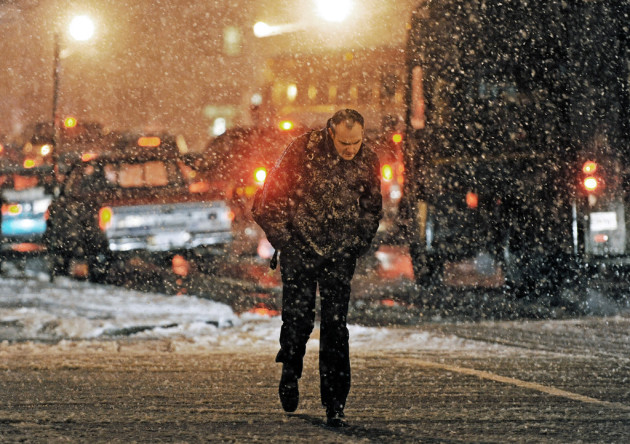
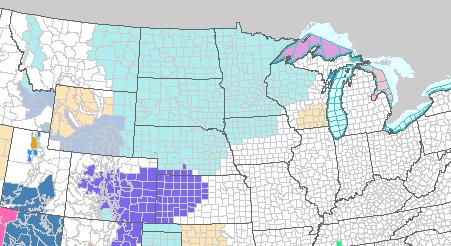
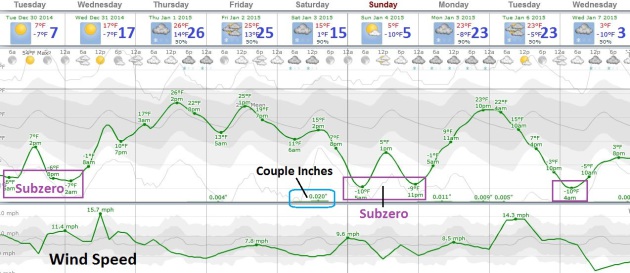
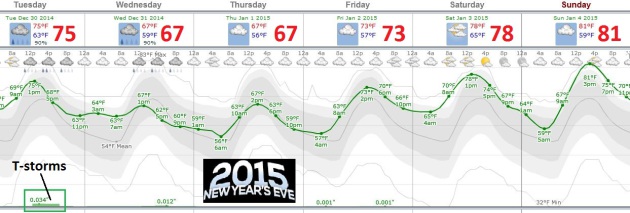
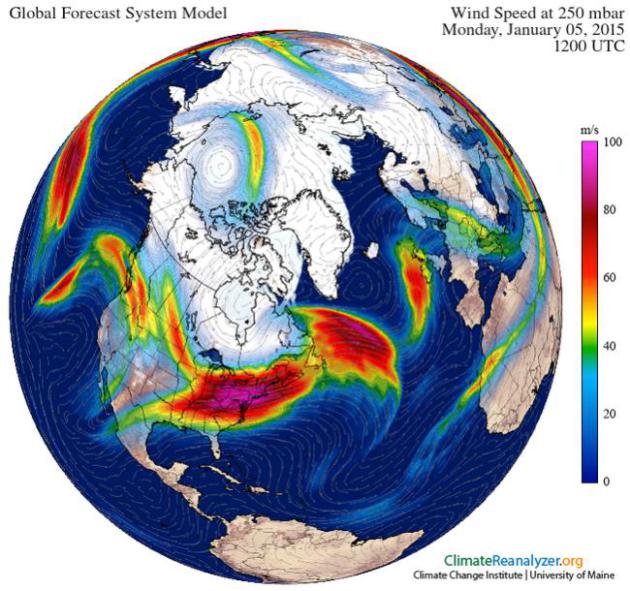
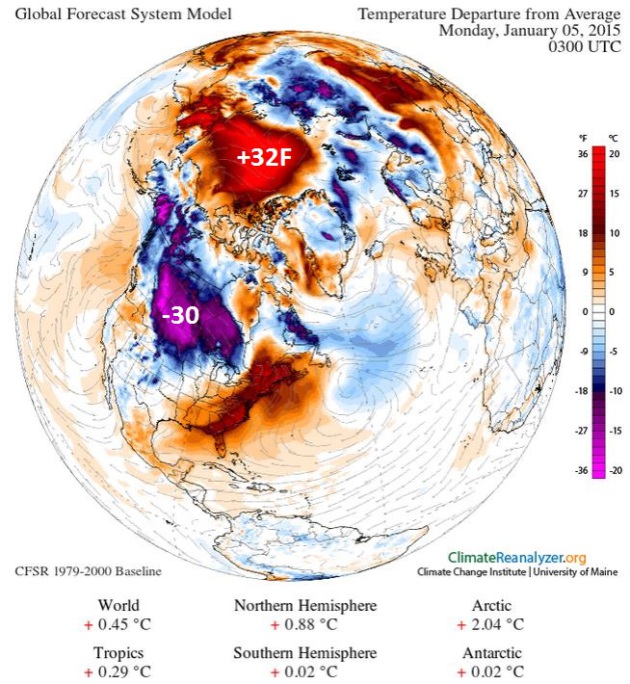
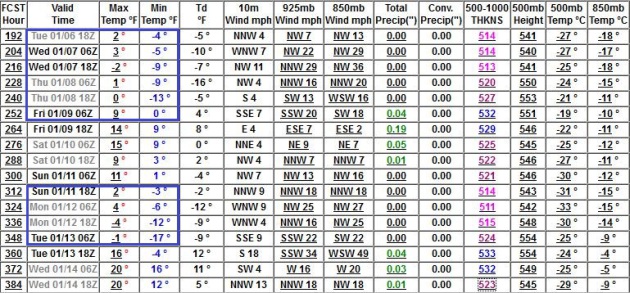
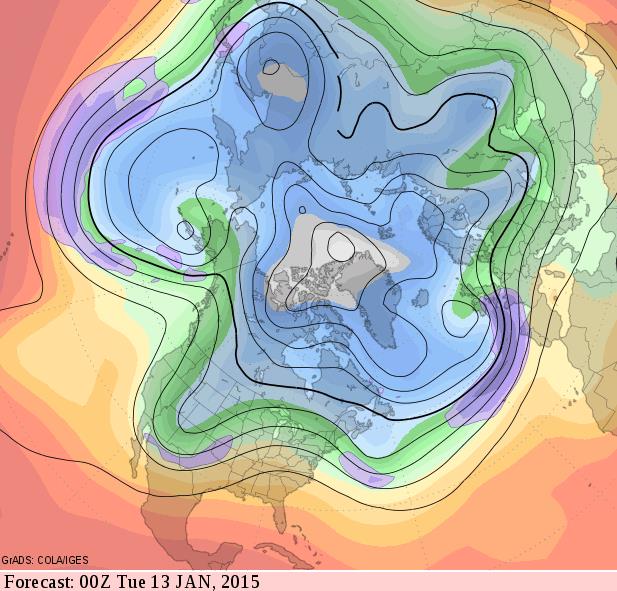
.jpg)
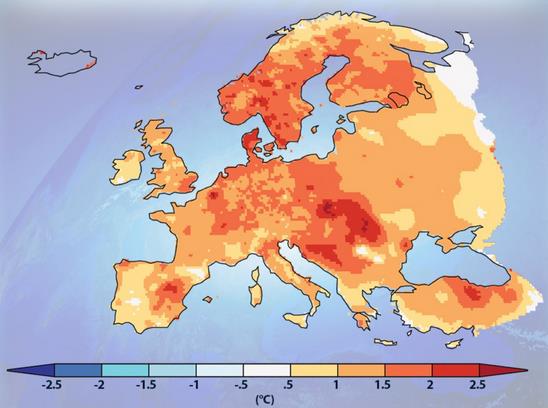
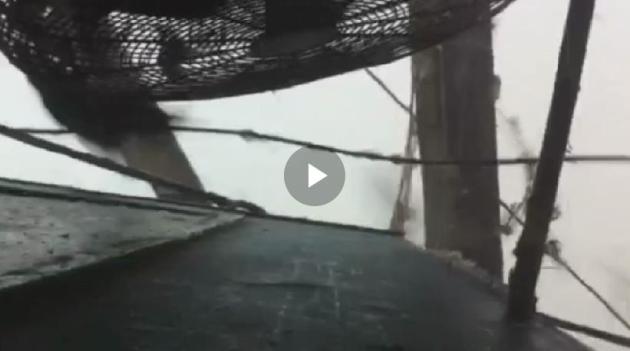
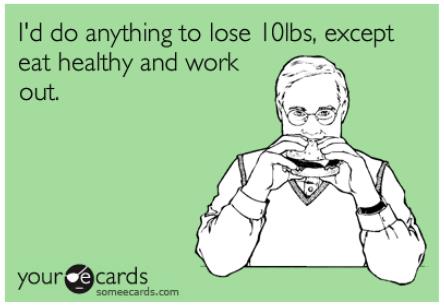
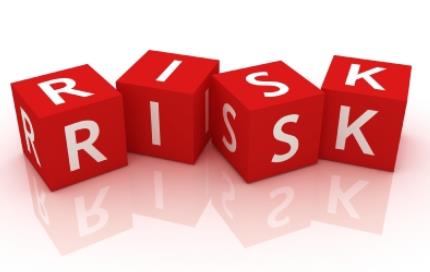

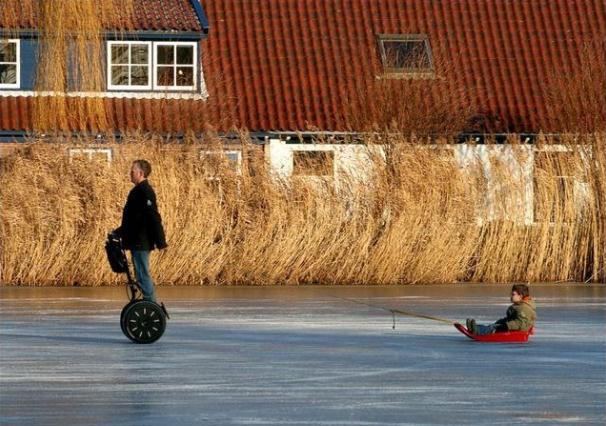

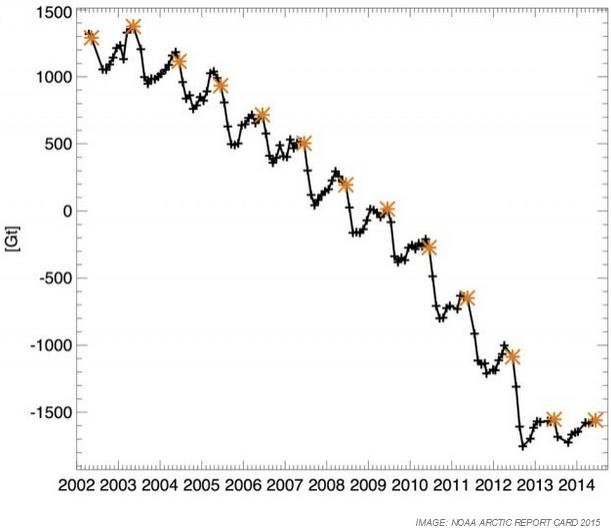
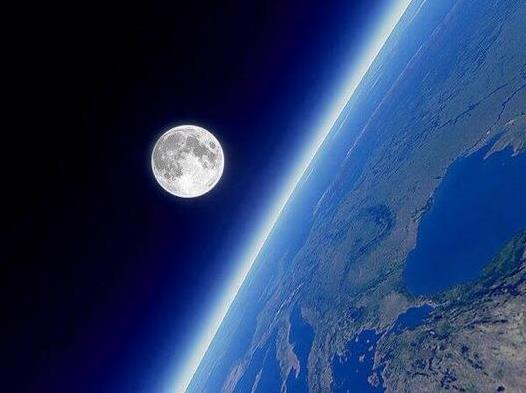
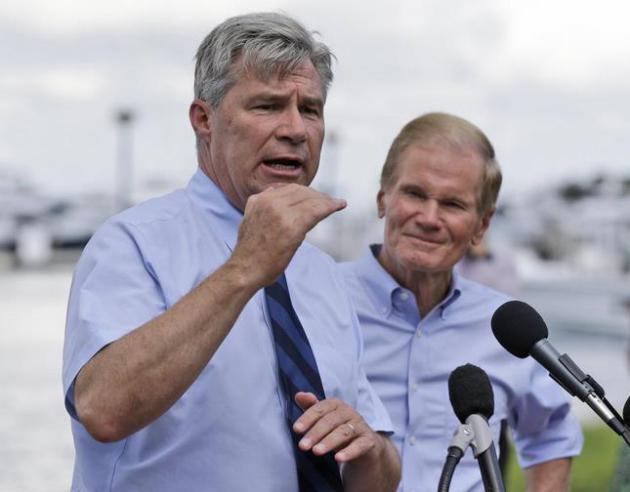
No comments:
Post a Comment